Mysore/Mysuru: Four out of 10 youths who received vocational training in various technical and non-technical institutes are out of labour force and a significant chunk of those in the workforce have remained unemployed. The COVID pandemic had a devastating and disproportionate impact on youth employment with more than four in 10 young people forced to stop working since the outbreak.
Additionally, more than six in 10 young workers who were employed in accommodation, food services, wholesale and retail trade have lost their jobs and regular income — in the four sectors that have been most disrupted by the crisis.
Reports say that women, who make up more than half of the workforce in accommodation and food services and over 40 percent of employees in other services activities including retail and real estate, have been hit harder and faster than any other group.
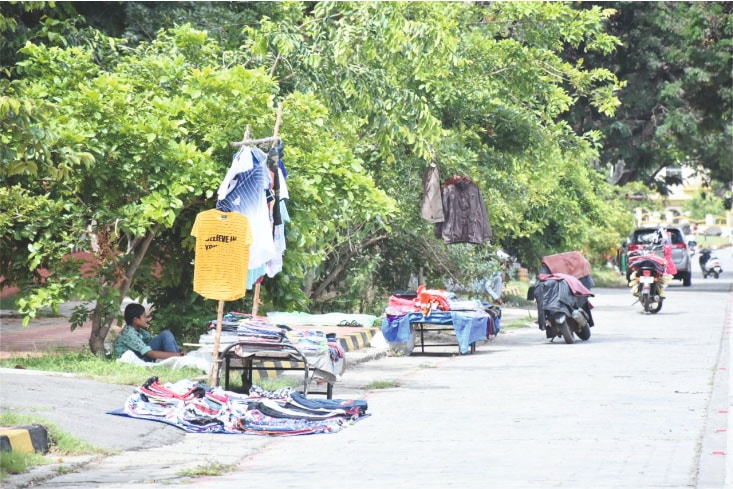
Becoming self-reliant
During lockdown they did not face a crisis for food as help came in the form of food and grocery kits from various NGOs and charity associations. But that too stopped post-lockdown and everybody returned to their new normal. So now how are they coping up with the new-found crisis? How are they supporting their families?
Many of the jobless youths have found answers in footpath vending. From the state of unemployment they have become self-employed, harnessing their entrepreneurial spirit. They sell everything on roadsides, from food to flashlights, clothes and jackets, coconuts and masks, mobile covers and SIM cards, vegetables and fruits, bags and caps, cricket bats to helmets and footwear to Ooty biscuits.
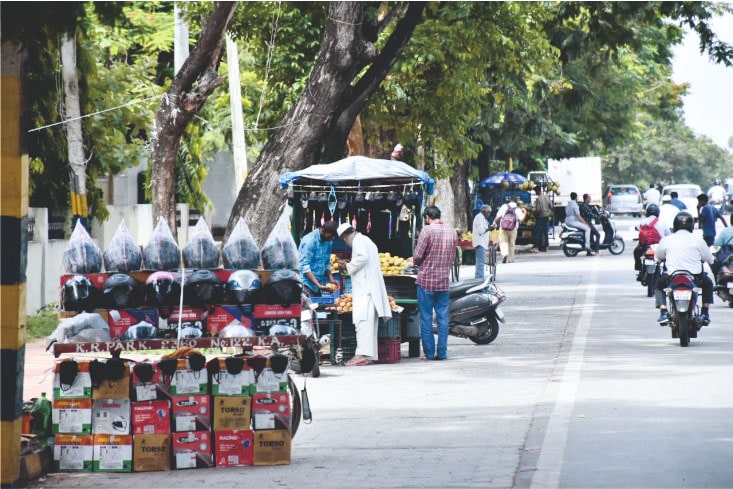
Several streets of Mysuru that have wide footpaths like the one near Bannimantap (Millennium Circle) LIC Building, in front of St. Philomena’s College, JSS Medical College till Siddiquinagar have been converted into make-shift marketplace. Such marketplaces have even come up near Surya Bakery Road in Hebbal, Kuvempunagar, Ramakrishnanagar, Mahatma Gandhi Road, Kalidasa Road, Vijayanagar Main Road and parts of Outer Ring Road.
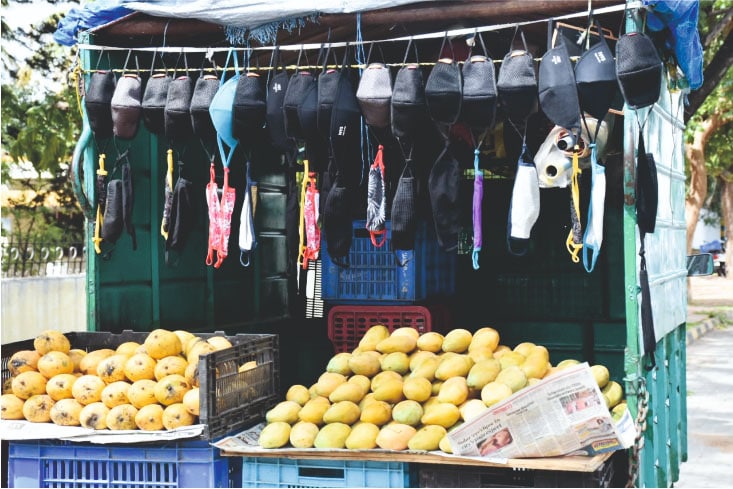
Parallel economy
This is a parallel economy where every street entrepreneur/trader supported an average of two others as employees or partners or workers on commission. All of them earn a livelihood, bare but sufficient. The entrepreneur on the street is a proprietor of that particular space, a lessee, an employee or working for a commission — they are all autonomous persons and independent.
There are hundreds of sellers of cheap-tailored garments —anything and everything — jean pants to baby clothes to suits and salwar-kameez sets. A large number of buyers come here to buy such affordable stuff. Going by the COVID trend, many vendors are selling affordable masks. So much so that even a fruit stall has a section where face masks are sold. These masks can cost anywhere between Rs. 25 and Rs. 60 while any medical store sells masks for Rs. 150 and above.
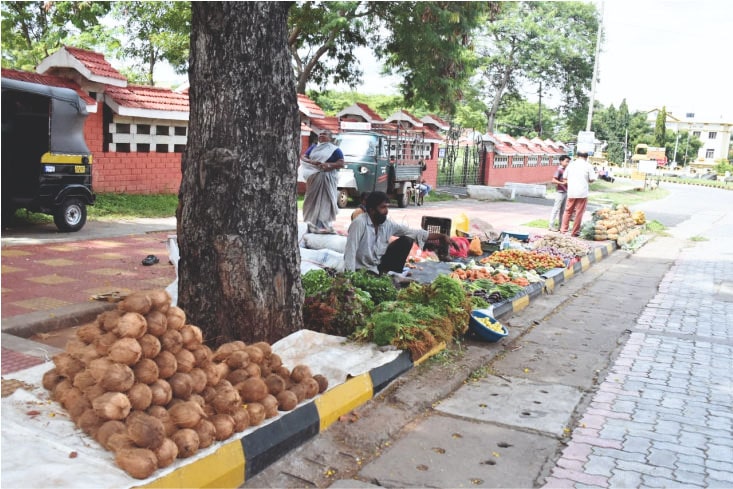
Street food joints
Apart from selling ready-made items, some of the unemployed youths are cashing-in on their culinary skills by opening new street food joints. Women of the household too are assisting their men in preparing and adding more taste to the food.
In a way, street hawkers are an army of urban poor who supply to the even bigger army of urban poor and the relatively poor of the middle class. Lockdown had delivered a deadly punch to this informal sector. Now with diversification, life is returning to normalcy and so also income is tricking in, thanks to their dedication and entrepreneurial spirit.



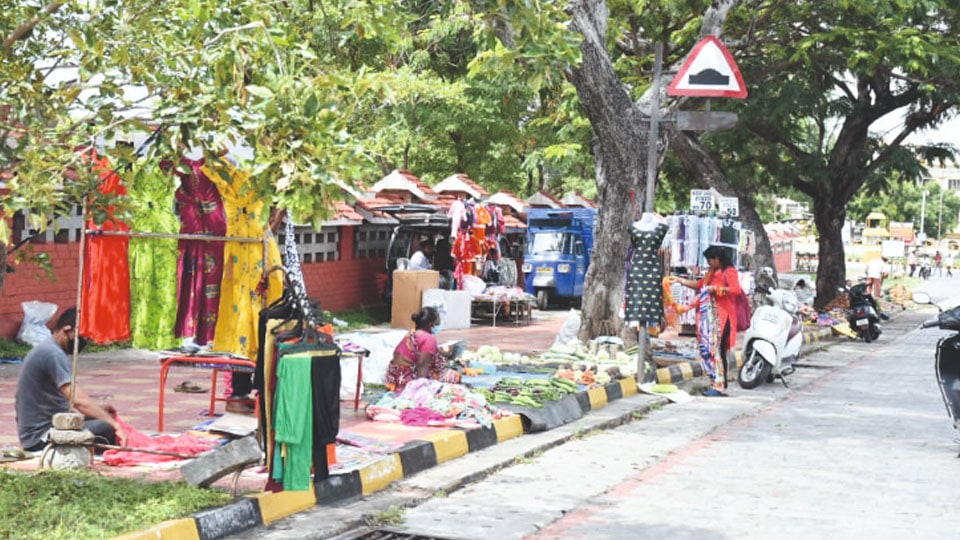




Recent Comments